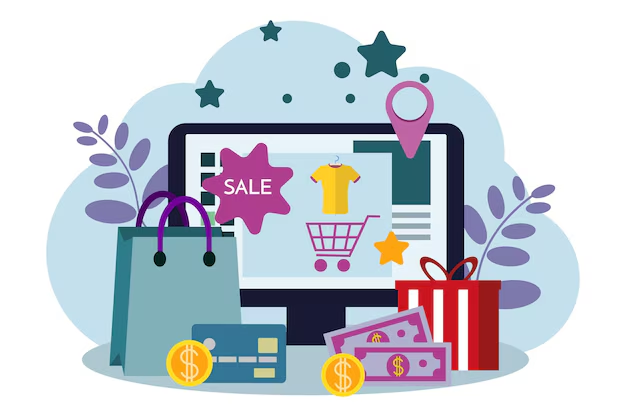
“We are always, as a society, looking at things to buy.” is the opinion of experienced online shopper, and daily online store browser, Jacqueline Afriyie. Buying something–online or otherwise–can be a legitimately addictive behavior; shopping releases dopamine–the reward feeling–in your brain. Dopamine makes you feel incredibly excited and is often stronger in the anticipation of the reward than obtaining the reward itself. Such a powerful feeling is what leads people to shop impulsively which can become a harmful habit if left unchecked.
Afriyie has two tips for overcoming the impulses: “rest and research”, by which she means take some time to think about whether or not what you are buying is something you actually want and need, and research the product–look it up, use multiple sources–to ensure you are making the best purchase you can be. After researching, your best case scenario would be both needing and wanting the product, the product coming from a reputable and ethical place, that it is the best version of the product, and that the product is well priced.
However, frequently businesses will set up traps to increase the dopamine in your brain to trick you into buying the product. Two common ones to look out for are “When they list it as ‘on sale…’ or ‘only a few left’.” According to Afriyie, phrases of the like increase dopamine by creating a sense of urgency in buying the product. Afriyie’s strategies to circumvent these traps are to remember two things: “that A, if it’s actually out of stock it may be restocked, [and] B, most of the time it is just a marketing tactic.”
Reminding yourself that these businesses may be lying to you to trick you into buying their product may help you save your money; if you can, Afriyie advises to avoid ads altogether. Afriyie estimates that she saves at least $100 a month by shopping online responsibly and keeping in mind a few other key factors: “do you really need it, do I own something similar, am I getting the best deal for what I want.” Shopping with these strategies while online shopping can help you spend responsibly, and control impulsive purchasing, it may also settle your mind about “where your money is going,” says Afriyie. The money you save can then be saved or invested which could end up being useful in emergencies or similar situations.